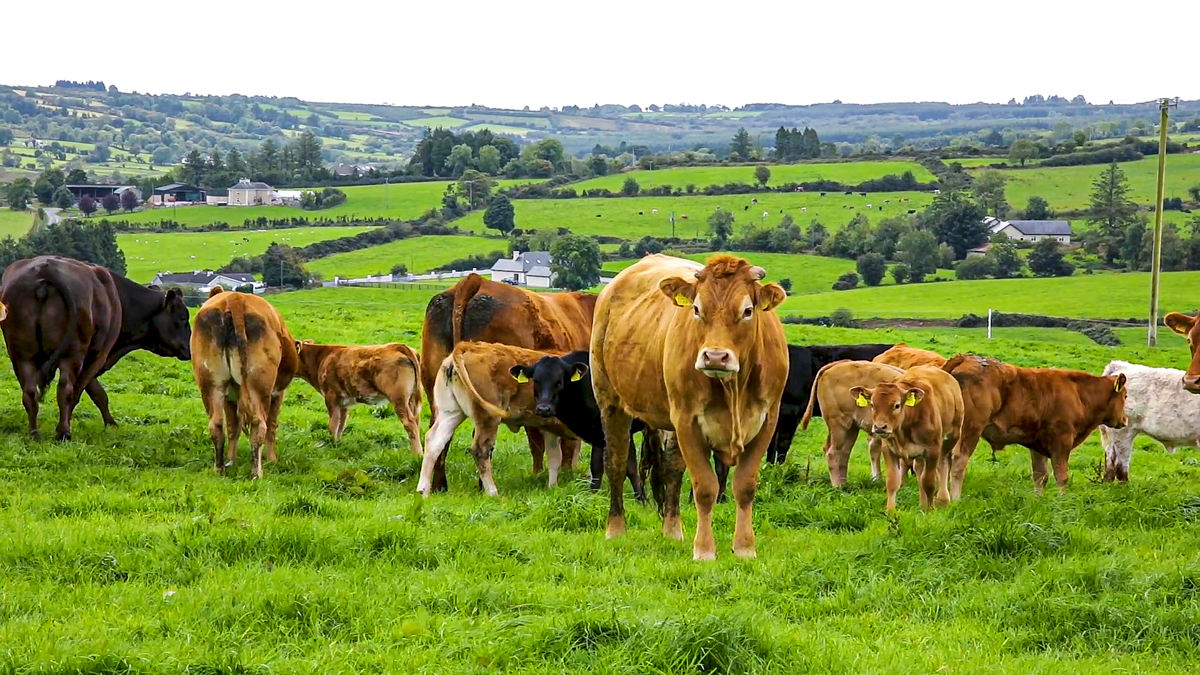The Ulster Farmers’ Union (UFU) has advised farmers in Northern Ireland considering using a bluetongue vaccine to consult with their vet.
The Department of Agriculture, Environment and Rural Affairs (DAERA) has permitted the voluntary use of three bluetongue serotype 3 (BTV-3) vaccines in Northern Ireland, subject to licensing.
The UFU noted that Northern Ireland remains free of the virus and this decision provides livestock keepers with an additional tool as a precautionary, secondary line of defence against the disease.
Bluetongue is a notifiable exotic viral disease which can cause severe clinical signs in ruminant species, such as cattle, sheep and goats, along with camelids.
The virus, which does not pose a risk to human health or food safety, is primarily spread by the bite of infected midges, which are more active in warmer months
Bluetongue
UFU deputy president Glenn Cuddy said the approval of these vaccines may offer farmers “another option in managing potential risks”.
“It’s important to understand that while these vaccines do not prevent infection or transmission, they are intended to reduce the severity of clinical signs and mortality in affected animals.
“Any farmers who are considering vaccination must consult their private veterinary surgeon.
“This will enable them to discuss whether vaccination is appropriate for their specific livestock and farm system, taking into account factors such as the timings of any vaccination programme and future animal movements or buying and selling policies,” he said.
“Our primary aim remains to keep bluetongue out of Northern Ireland through robust bio-security measures, continued vigilance, and the safe sourcing of livestock.
“We urge all livestock keepers to remain vigilant for signs of BTV, especially as we enter the high-risk period, and to contact their private veterinary practitioner with any concerns,” Cuddy added.
The UFU deputy president said that the decision to vaccinate is an individual one for each farmer, to be made in consultation with their veterinary professional.
DAERA
DAERA has said that if a farmer decides to vaccinate they must have a specific licence from the department to be able to obtain the vaccine.
The department said that vaccinating animals does not impact on trade or movement of animals so long as Northern Ireland remains BTV-3 free.
However, DAERA said that the use of vaccines may limit use of negative serology for germinal product certification to some third countries, requiring PCR instead.
Farmers are being reminded that the direct movement of all live ruminants and camelids from Britain to Northern Ireland is still suspended and the use of approved unauthorised vaccines does not change this.

